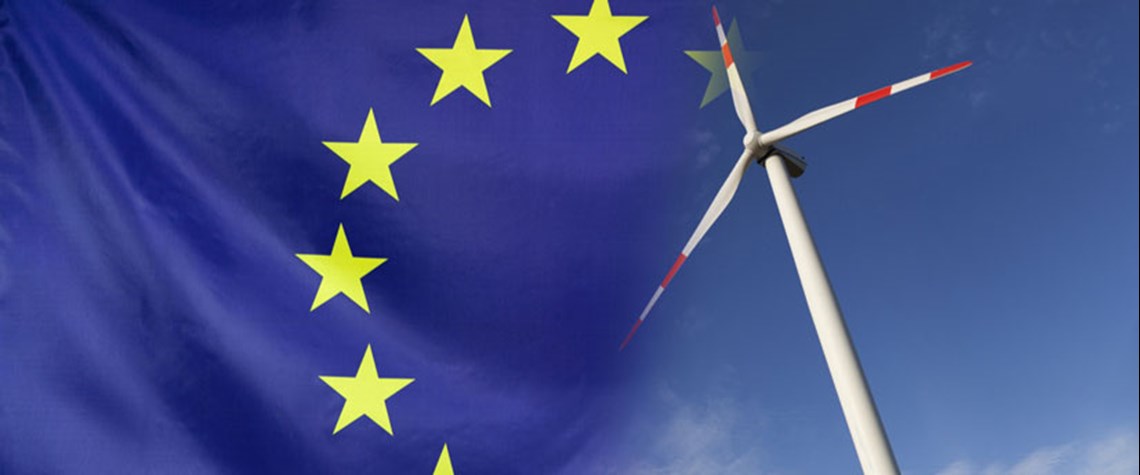Letter from Amsterdam: Europe’s IOCs first out of the blocks
As investor sentiment shifts, companies that align with the transition have a significant competitive edge
Europe’s biggest oil companies are all making strategic changes to mitigate future climate risks, a move spurred by investor, societal and political pressures that have given the firms a head-start in the energy transition race over competitors from less climate-focused regions. ‘Net zero by 2050’ has been the catchphrase among European IOCs over recent months. All of Europe’s biggest oil companies—BP, Total, Shell, Norway’s Equinor and Italy’s Eni—have committed to getting as close as possible to eliminating their carbon emissions by the middle of this century. Shell, Equinor and Eni have gone as far as including scope three emissions—the carbon released by their customers. North Amer

Also in this section
19 February 2026
US LNG exporter Cheniere Energy has grown its business rapidly since exporting its first cargo a decade ago. But Chief Commercial Officer Anatol Feygin tells Petroleum Economist that, as in the past, the company’s future expansion plans are anchored by high levels of contracted offtake, supporting predictable returns on investment
19 February 2026
Growth in LNG supply will surpass the rise in demand in 2026 for the first time in years, according to Mike Fulwood, senior research fellow at the OIES, but lower prices are likely to encourage fuel switching and could create more demand on a permanent basis
19 February 2026
Awais Ali Butt, manager for sales and business development at Pakistan LNG Ltd, discusses LNG’s role in energy security across developing, price-sensitive economies, as well as examining trade-offs between buying strategies and the impact of lower prices and policy on import behaviour
19 February 2026
LNG’s technical maturity, availability and price, as well as regulation, have driven its rapid adoption as a marine fuel, yet its future in shipping will depend on transition policies and progress in cutting methane emissions and scaling bio- and synthetic LNG, according to Carlos Guerrero at Bureau Veritas







